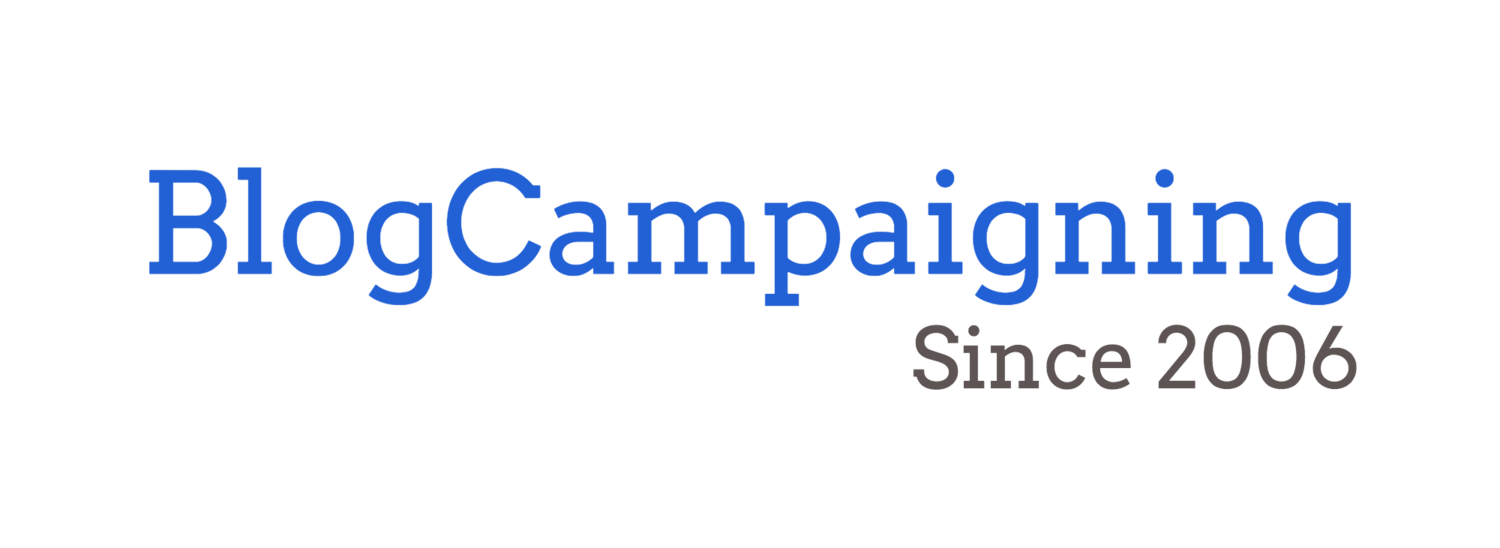(note: this is a belated followup to the post I wrote almost a month ago about Twitter) A few weeks ago, I told my roommate about the magic of RSS feeds. I also told him about how he could go about subscribing to these feeds using an RSS reader like Google Reader.
Last week, I couldn't help but feel pride when I walked into his room and saw him with Google Reader open, scrolling down through a number of posts.
"This is great, man," he told me. "I'm getting all these updates from sites I like, but I don't have to go back to them to check for new stuff."
With that statement, I knew that he understood the value of RSS. Even though his reading list of Ultimate Fighting news sites probably isn't the same as the list of sites that you check on a regular basis, what matters it that he is able to easily get the information he wants. As Seth Godin recently wrote about the topic of subscribing to information via RSS:
"If you subscribe to a blog, any blog, congratulations. Not only have you figured out how to keep up, for free, with huge amounts of information, you've done it in an elegant and efficient way. While it may be fun to try to remember which blogs you read and then go visit them in some sort of order, RSS and other subscription tools are way smarter."
So right now you're probably thinking that this sounds great, but wondering how it works. Well anywhere you see the RSS logo (normally in orange, but like shells in the Mario games, it can come in a variety of hues), or word 'Subscribe' or 'RSS,' you can sign up to start recieving RSS feeds. Nearly every these days allows you to subscribe via RSS, and those that don't are missing out.
At Toronto's recent WordCamp, I heard Joe Thornley compare subscribing to RSS Feeds to subscribing to magazines. Rather than having to drive all the way downtown to the store and look around to see if his new magazine had arrived, Joe noted that he simply took one of the subscription cards, filled it out, and everytime a new issue of that particular magazine came out it would be delivered right to his house. I think this is a great analogy, except that the best part about subscribing to things via RSS is that they are free and magazines aren't.
Get started by first signing up for (or downloading) an RSS reader. There are plenty out there, but I prefer Google Reader. It is easy to sign up for at http://reader.Google.com and you can start using it right away.
While some sites will require you to manually input the address of the feed you want to subscribe to, clicking on the RSS logo on a page will generally take you right to Google Reader and allow you to subscribe to the RSS feed.
If you use Firefox, the little RSS icon will often appear in the address bar to let you know you can subscribe to that particular site just by clicking on the button, and being brought to Google Reader.
So what else can you do with RSS?
If you perform searches on a regular basis, it might be easier to subscribe to them via RSS. That way, you'll be notified everytime a new search result comes up. Technorati allows you to subscribe to an RSS feed of their search results, as do Twitter and Google.
I also use the Hype Machine to look up music fairly often Since I'm super into an artist named Lykke Li, I subscribe to an RSS feed of search results for her name on the Hype Machine so that I can always get the latest remixes.
For those of you using Yammer for internal communication, you can also subscribe to an RSS feed of your company's conversation so that you can stay in the game.
If you have an account with Delicious, you can also allow people to subscribe to either every bookmark you save, or just ones you save with certain tags. For example, you could subscribe to my Delicious account at http://delicious.com/parkernow and get every single book mark I save or, if you're like my roommate, you could choose to just subscribe to the bookmarks I tag 'music.'
And if you monitor certain Wikipedia pages, you can pay attention to them more easily with RSS. By going to any Wikipedia page and selecting the history tab near the top, you'll be able to bring up another menu down the left-hand side. One of those items is "RSS", and subscribing to it will alert you everytime someone makes a chance. Not only will it let you know that the page has been changed, but it will let you know how the new version compares to the old version. If you start making your RSS reader part of your routine, you'll realize how much time your saving and how much extra information that you're absorbing.
Oh, and Dave Fleet has some great tips for using Google Reader to help you with your media monitoring.
I'm sure I'm missing some RSS tips here...any other suggestions?
-Parker
